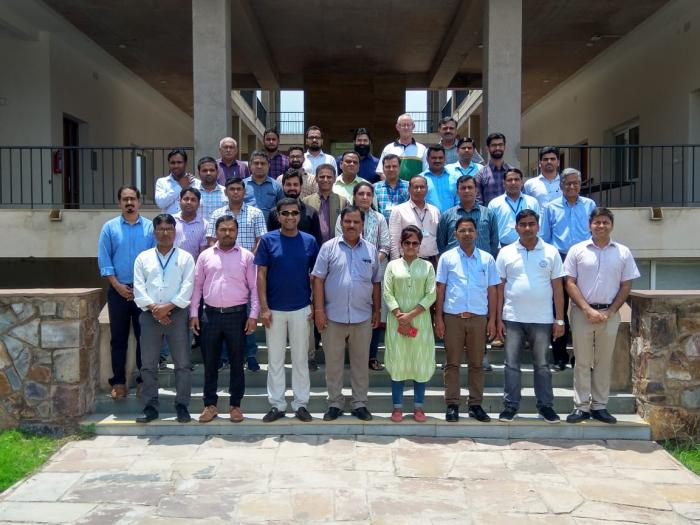Breaking News
- Strategic Initiatives Highlighted at Offshore Mining Workshop
- Workshop on Offshore Mining Discusses Future Developments and Technology
- Ministry of Mines Hosts Major Workshop on Offshore Mining
- GRAP Committee Orders Urgent Actions as Delhi Air Quality Deteriorates
- Delhi's AQI at 243: Immediate Pollution Control Steps Initiated
- Emergency Measures to Improve Delhi's Air Quality
- Massive Participation in IndiaSkills 2024,over 900 students from more than 30 states and UTs
- IndiaSkills 2024 Inaugurated in New Delhi
- Home Secretary distributed citizenship certificates to 14 applicants under the new Citizenship Amendment Rules 2024
- The Union Home Secretary today issued the first citizenship certificates under the Citizenship (Amendment) Rules 2024 in New Delhi
- MHA Alert: Cyber Scams by Fake Officials
- Public Alert: Cyber Blackmail by Fake Law Enforcement
- Cyber Criminals Impersonating Law Enforcement: MHA Issues Alert
- Ministry of Home Affairs issues Alert against incidents of ‘Blackmail’ and ‘Digital Arrest’
- IndiaSkills 2024: Over 900 Candidates to Participate in 61 Skills
- IndiaSkills 2024: India’s Biggest Skill Competition to Commence in New Delhi
- Election Commission Reports High Success Rate in Enforcing MCC During General Elections 2024


